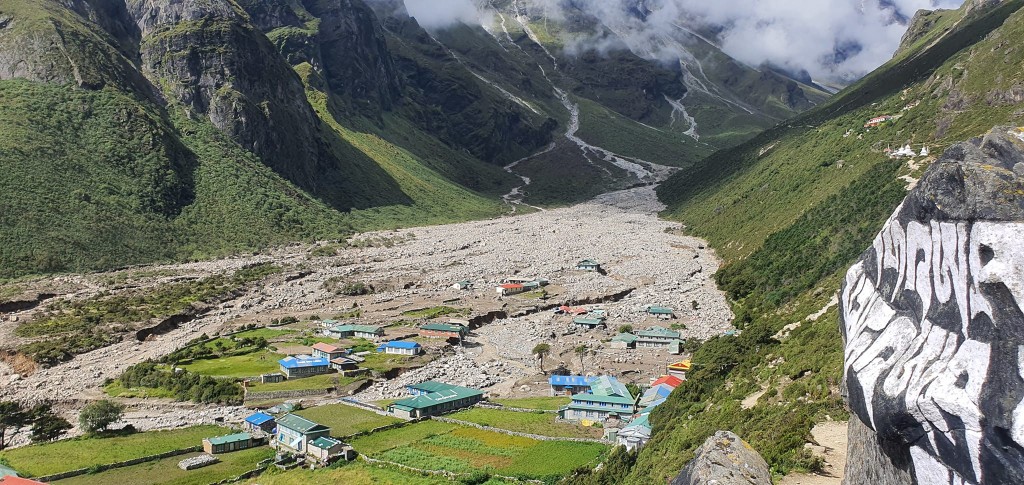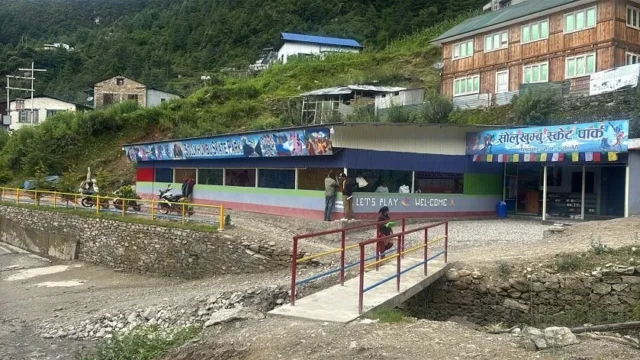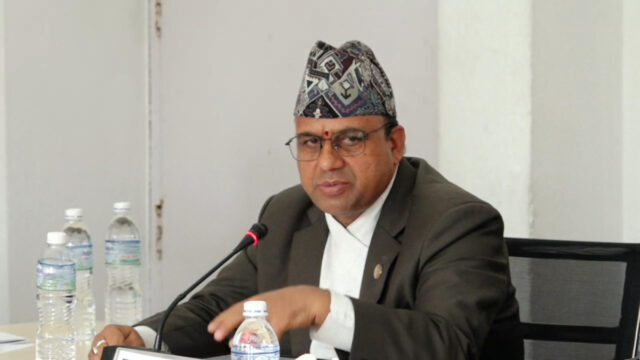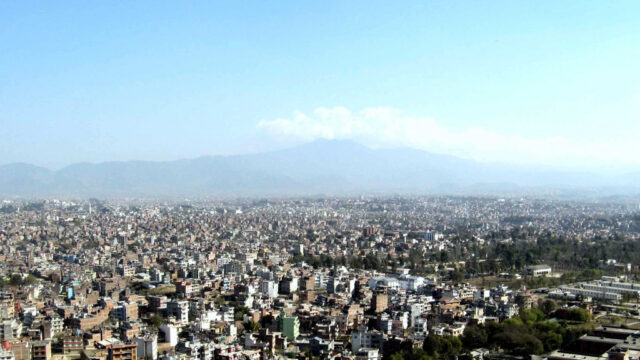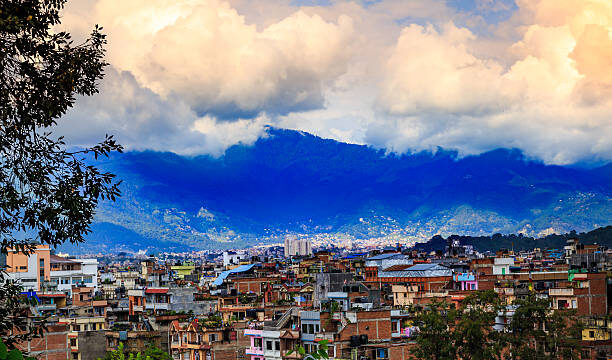Minister for Foreign Affairs, Dr. Arju Rana Deuba, highlighted the urgent need for action to combat the unpredictable and severe effects of climate change in the Himalayan region. Speaking at the inaugural session of the International Conference on Environmental Change in the Himalayan Region, jointly organized by seven institutions, including the National Trust for Nature Conservation, the Minister stressed the growing threat posed by melting glaciers due to climate change.
In her address, Minister Deuba noted that the rapidly melting glaciers are not only disrupting the lives of mountain communities but also destabilizing the entire environmental cycle. “Climate change is not only affecting Nepal but also the countries surrounding the Himalayan region in unimaginable ways. We must confront this challenge before it worsens,” she said. She further explained that the lack of water resources in the region has significantly impacted local agricultural systems, with long-term effects on livelihoods.
The Minister warned of a potential crisis for human survival in the mountains, underscoring the severe impact climate change is having on the region. Referring to a past glacier outburst in Thame, Solukhumbu, she highlighted the dangers of ignoring climate-related threats. “Last year, floods in Kagbeni, Mustang, caused by climate change, resulted in significant loss of life and property,” she recalled, urging for targeted programs to reduce the impact of climate change in vulnerable communities.
Minister Deuba called for global collaboration to protect the future of the Himalayan mountains, stressing that climate change transcends national borders. “All countries must work together to reduce the effects of climate change and preserve the mountains for future generations,” she said.
At the event, Aang Tshering Sherpa, Senior Vice-Chairperson of the International Mountaineering Association, was honored for his remarkable contributions to mountaineering and the tourism sector.
